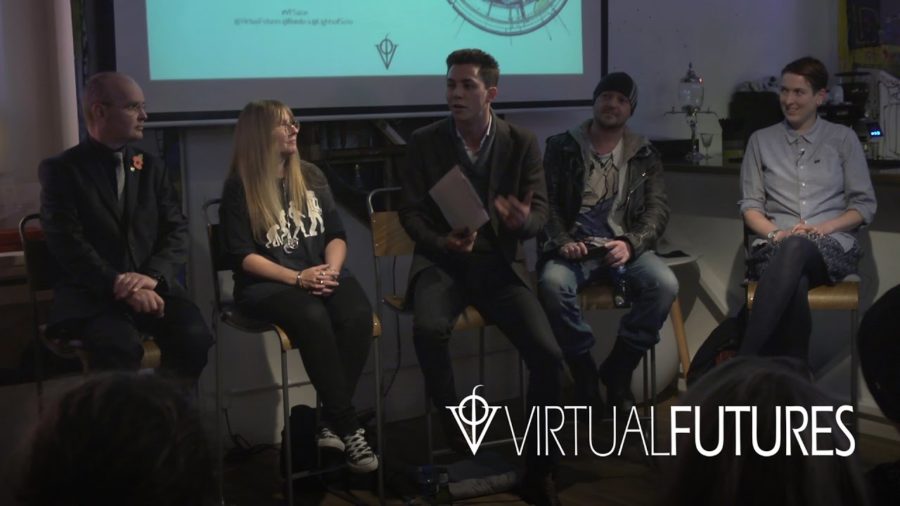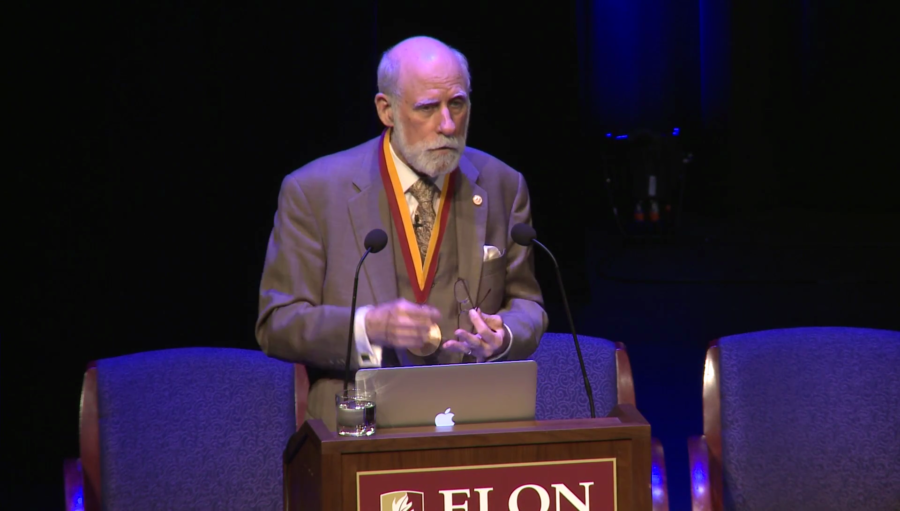We are here to talk about fucking machines. In London, on a foggy evening, on a Tuesday, for yet another debate about fucking machines. Another curated discussion underlined by our own human insecurity about versions of us in silica. Fucking anthropomorphic fucking machines. Machines that fuck us. And let’s face it, machines are already fucking us, or so we seem to be told.
Archive (Page 1 of 2)
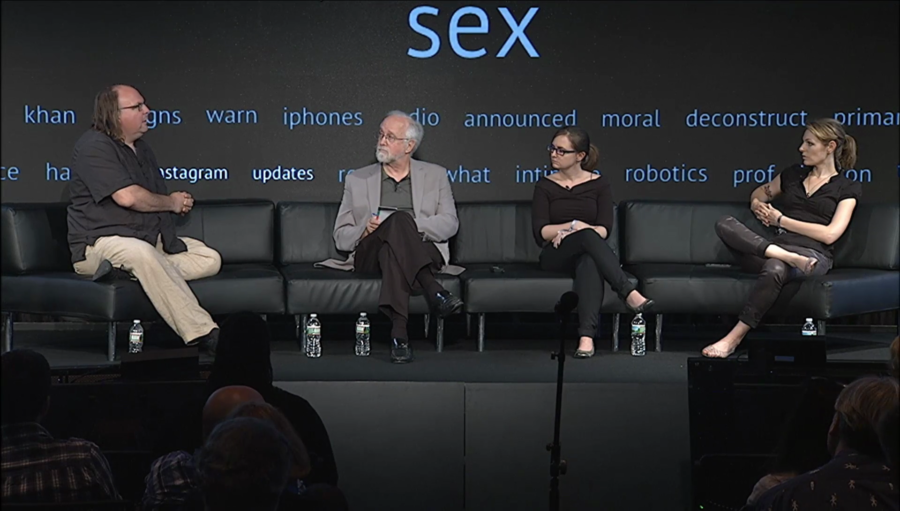
One of the big things that we’re going to talk about here is paraphilia. We’re going to talk about sexual deviance. We’re going to talk about the problem of people whose sexual desires lead to attraction to children, lead to attraction towards violent sex, lead to sexual transgression in one fashion or another.

The Fourth Industrial Revolution is ushering in a significant increase in connected machines, connected products. And at the same time, the people who are standing next to these highly sophisticated machines are ultimately connected in their home lives. They carry a cell phone that’s managing their smart car, their smart home, their smart systems. But they have almost no interaction with the systems at work.
When Darius asked me to speak I had to think a little bit about what I would say to people who make software agents, which I think is really really cool. And to me, in thinking about it, I think what is a bot to me? A bot is fundamentally a piece of software that involves personality. And I’ve had a long-running interest in building physical robots that have personality of varying degrees. So I proposed to give a talk about that.
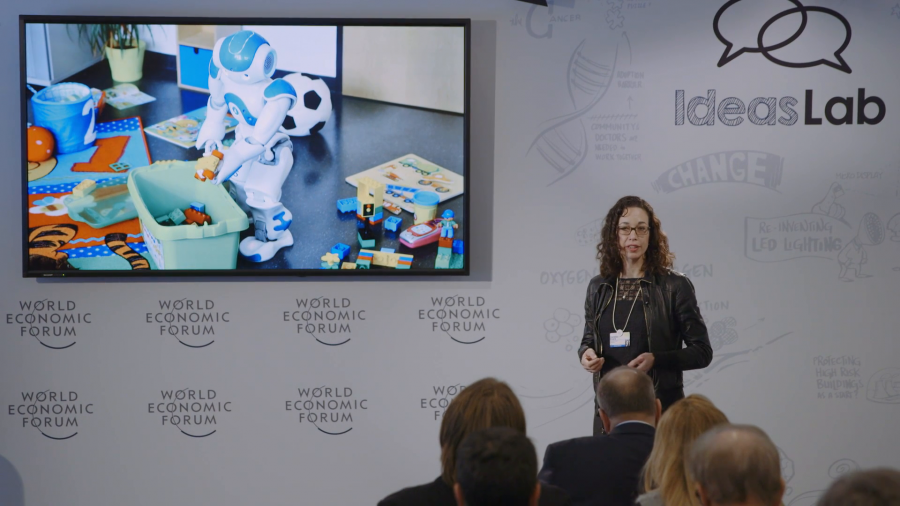
Social referencing is so great robots should do it, too. But first there are some technical challenges that we need to solve. For instance, low energy consumption. Throughout these technical challenges, what these robots really need to do is understand the social environment that they are in.
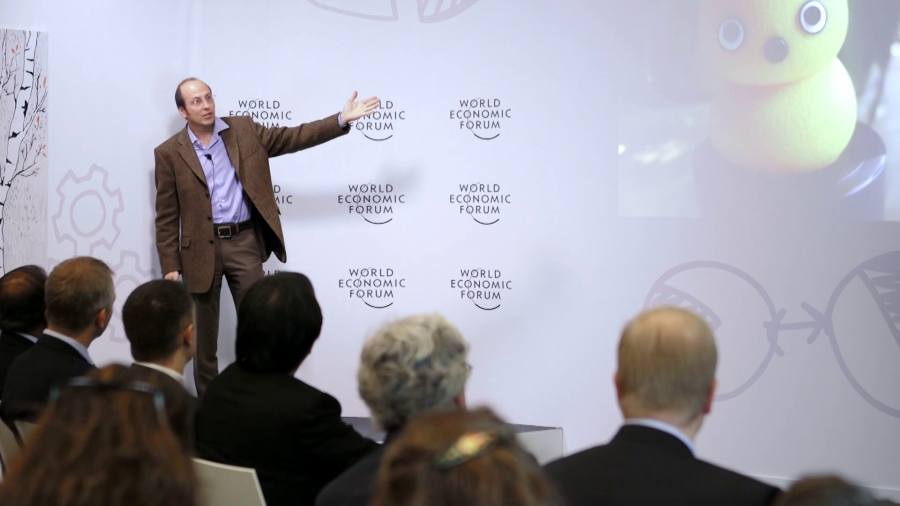
Instead of having our children become consumers of robotics technology, consumers of products, we’d have to train them to be producers, to realize that they can use robotic technologies to build something with their intuition, their creativity, and their sense of purpose, that has meaning to them. Then we’d have a technologically fluent society.
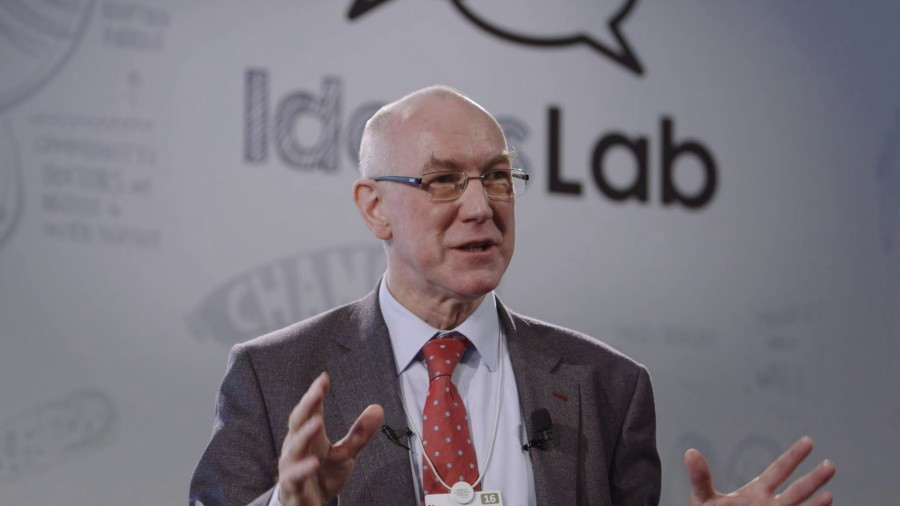
The idea of putting a robot simulator inside a robot, well, it’s not a new idea but it’s tricky and very few people have pulled it off. In fact, it takes a bit of getting your head round. The robot needs to have, inside itself, a simulation of itself and its environment, and others in its environment. And running in real-time as well.
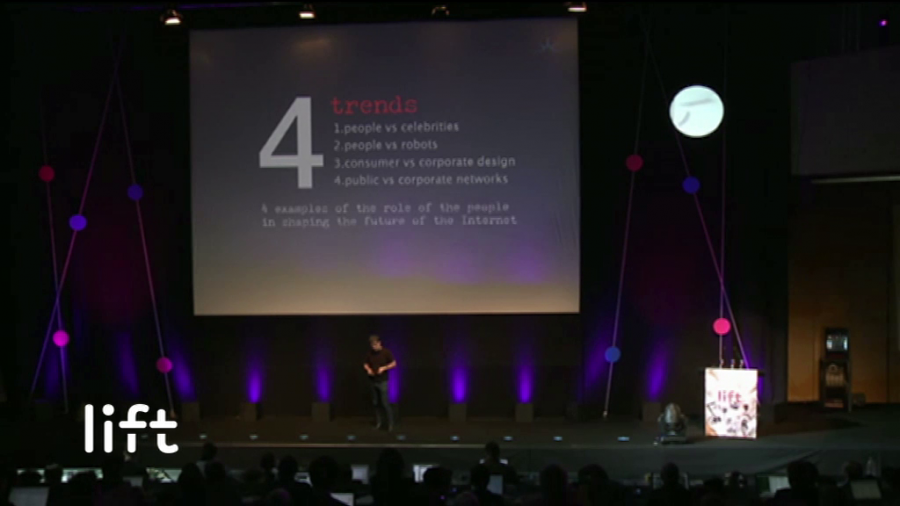
This quote’s from Andy Warhol. He was looking at America and saying America’s different. He’s saying, “Well, Elizabeth Taylor’s drinking Coke and I’m drinking Coke and the bum on the street’s drinking Coke, and it’s all the same thing.” For the first time in history, mass market culture has allowed us all to enjoy the same thing. This is not champagne. The bum on the street can’t afford champagne.
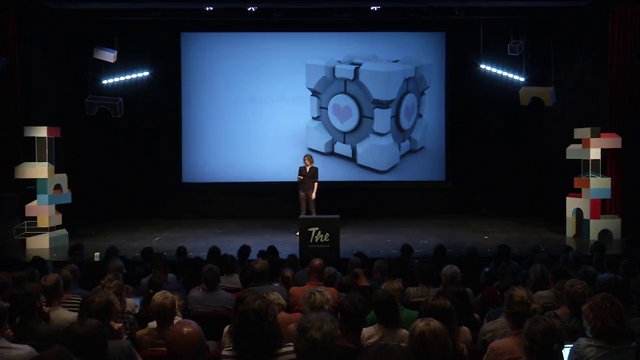
What’s really new about robots is that they’re going to be everywhere. And it’s also nothing new that we can emotionally relate to objects. People have always had the tendency to fall in love with cars and gadgets and stuffed animals. But the new thing about robots is what we’re seeing is this effect tends to be more intense.

